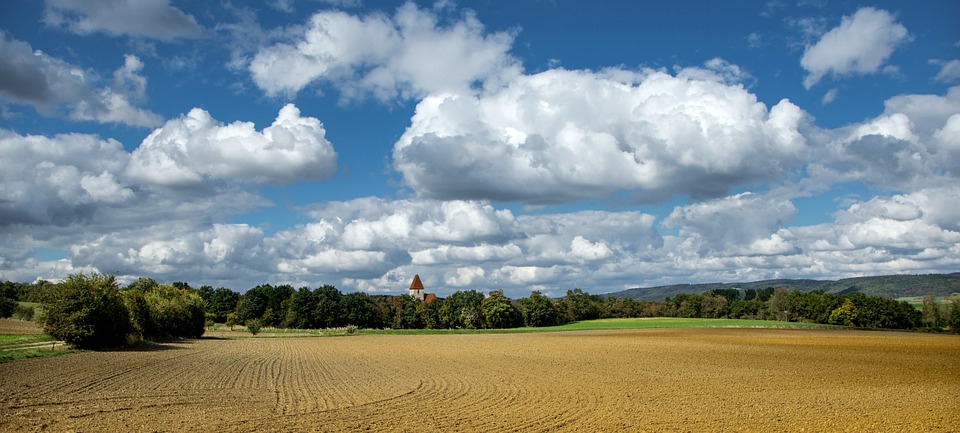Land tensure system is a term used in geography and political science to describe how a government or other authority manages land. There are many different types of land tensure systems, but they all have one common goal: to ensure that everyone has access to land. This blog post will discuss the different types of land tensure systems and their benefits for citizens and governments alike!
The Types
There are three main types of land tensure systems: private, public, and communal. Private land tensure system is when an individual or a corporation owns the land. In this system, the government does not own the land. Public land tensure system is when the government owns the land. The government can use this land for any purpose they see fit, such as building roads or parks. A communal land tensure system is when a community owns the land collectively. Indigenous communities often use this system with a strong connection to their ancestral lands.
The Benefits
There are many benefits to the land tensure system. One of the main benefits is that it provides security for landowners. They know that as long as they follow the law, they will not lose their land. This system also allows landowners to sell or lease their land if they so choose. Another benefit of this system is that it promotes private investment in land. This investment can lead to the development of infrastructure and other amenities, improving the quality of life for everyone in the community.
The Drawbacks of the Land tensure System
While there are many benefits to the land tensure system, there are also some drawbacks. One of the main drawbacks is that it can lead to inequality. Those who own the land have a lot of power and control, while those who do not often have very little. This can create a situation where the rich get richer, and the poor get poorer. Another drawback is that the system can be inflexible. Once someone owns a piece of land, they can often hold onto it for generations, even if it is not used. This can prevent others from being able to use the ground, even if they would make better use of it.
In conclusion, the land tensure system has both benefits and drawbacks. It is important to weigh both sides before deciding whether or not to implement this system in your community. Thank you for reading!





